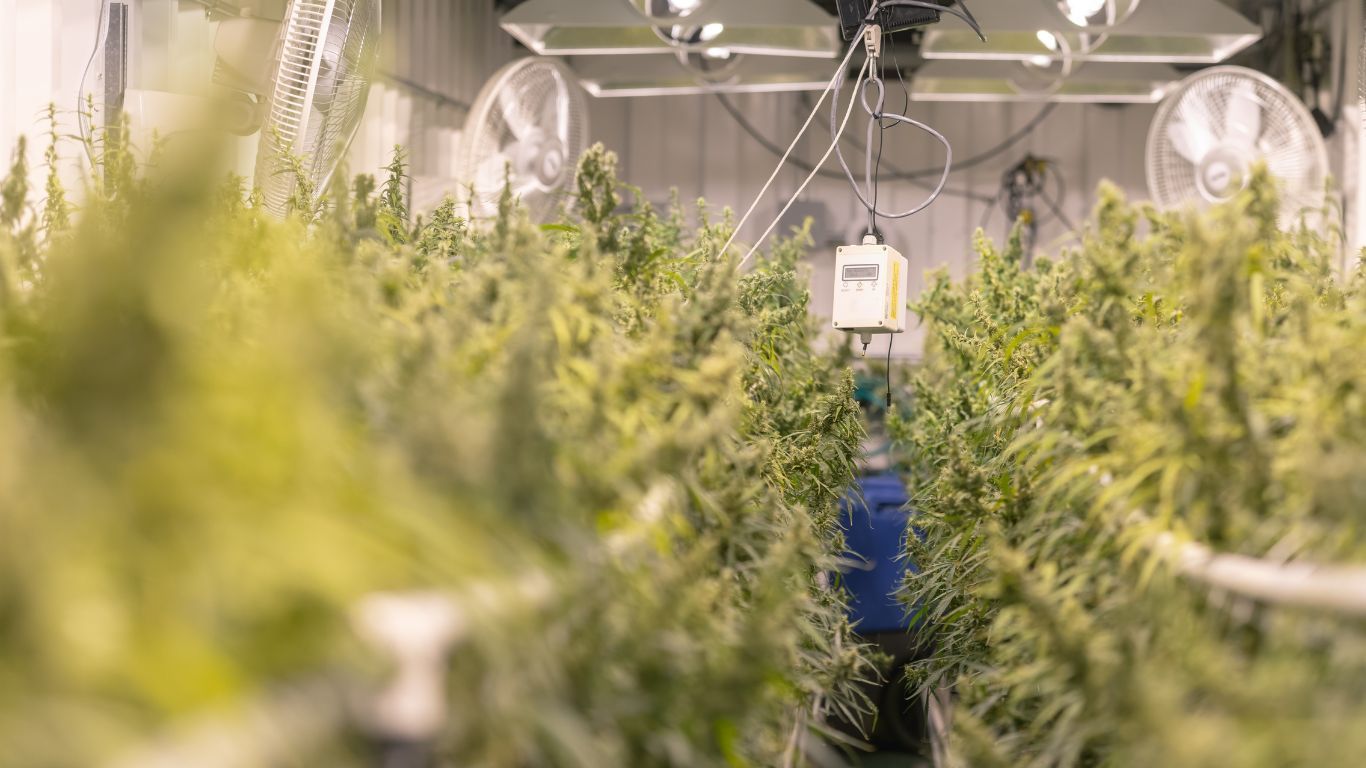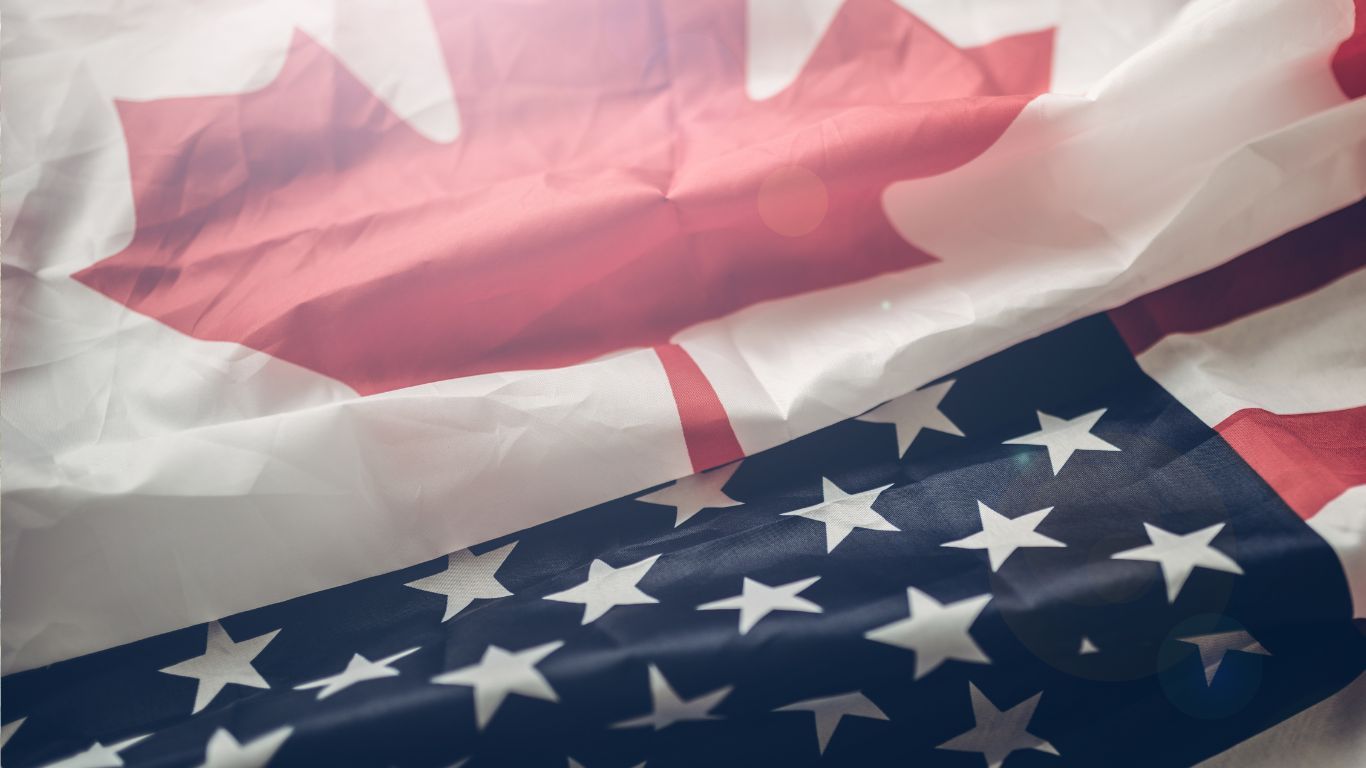
U.S. Customs and Border Protection (CPB) announced a seizure of 418 pounds (190kg) of cannabis on Monday, adding to a long list of similar seizures in the past several months.
In a press release on June 22, the CPB said they discovered the cannabis around 4:00am on Friday June 19, 2020 when a Canadian citizen who was driving a municipal waste hauler across the Ambassador Bridge into Detroit from Canada.
“This seizure once again demonstrates the vigilance of CBP Officers – even during these trying times,” said Devin Chamberlain, Detroit Port Director in the CPB release. “I am proud of our Officers and grateful for their attention to detail that ultimately prevented this illicit cargo from entering our country.”
The number of similarly-large seizures at or near the border has apparently increased dramatically since the closure of the international border to non-essential travel between the two countries earlier this year due to Covid-19 concerns.
Last week, over 1,500 kg of cannabis hidden inside peat moss was intercepted by CPB at the Peace Bridge between Ontario and New York involving the same tucking company connected to a June 9 seizure of 800kg hidden inside a shipment of coffee makers.
US authorities gave a press conference last week noting the increase in seizures since the closure of the US/Canada border in March of this year. Canada announced today the border will remain closed to non-essential travel until at least July 21.
In an official release from the U.S. Customs and Border Protection, officials say they have seen an increase in drug seizures at the US/Canada border since the border closed on March 21 of this year due to the Covid pandemic, compared to the same time period last year.
Officials note there have been over 200 narcotic seizures totalling over 5,000 pounds, which they say is an increase of almost 1,600% during the same time period in 2019.
U.S. Attorney JP Kennedy discussing two major marijuana seizures at the Peace Bridge this month totalling thousands of lbs. and millions of dollars. Since March 21, the CBP says they’ve seen a 4,000% increase in drug seizures compared to the same time last year. @NewsRadio930 pic.twitter.com/Vn86ohl18h— Brendan Keany (@BrendanKeany) June 16, 2020
Canadian authorities also recently announced more than $10 million worth of cannabis seized from two Ontario warehouses, destined for the US.
The first, on May 22 in Brampton, BSO workers noticed anomalies in a load of gardening mulch to be sent to the US. Employees spent nine hours looking through the 5,400 kilogram shipment of mulch, locating over 685 kilograms of suspected cannabis.
The second seizure, on May 28, was another 800 kilograms of suspected cannabis that was hidden in plastic kitchen containers at a Mississauga warehouse. The product was detected by a drug-sniffing dog. The products were also ready to be shipped to the US.
“Large-scale marijuana trafficking is not an isolated crime,” said Kevin Kelly, HSI Buffalo Special Agent-in-Charge in today’s announcement from the US. “Smugglers are often connected to larger criminal syndicates who profit from a wide variety of crimes, and we must continue to dismantle all forms of their illicit activity.”
In April, a nurse from Ontario was stopped at the US border with 150 pounds of marijuana while on her way to a Detroit hospital to help them manage the Covid-19 pandemic. And earlier that month, US border officials found and seized 31 kg of cannabis from a truck at the Queenston-Lewiston Bridge at an Ontario/New York border crossing.
In May of this year, US Homeland Security and U.S. Border Patrol agents from the Port Angeles Station seized a 23-foot Bayliner and 497 pounds of marijuana that entered US waters from Canada.
On June 5, a man was found unconscious in the Detroit River tied to a “bushel” of over 200kg of cannabis, near Celeron Island, a small island on the US side of the river. According to US officials, he was unconscious and had a tow strap attached to his body, with the other end of the strap tied to a bushel of marijuana. The man had told officials he had been using a submersible device to ferry cannabis, cocaine and cash between the US and Canada.
Last year, US officials said they had seen a significant spike in seizures of cannabis coming from Canada since legalization on October 19, 2018, including one incident of a low-flying helicopter near the border tipping authorities off to 50kg of cannabis in hockey bags hidden in the woods.











